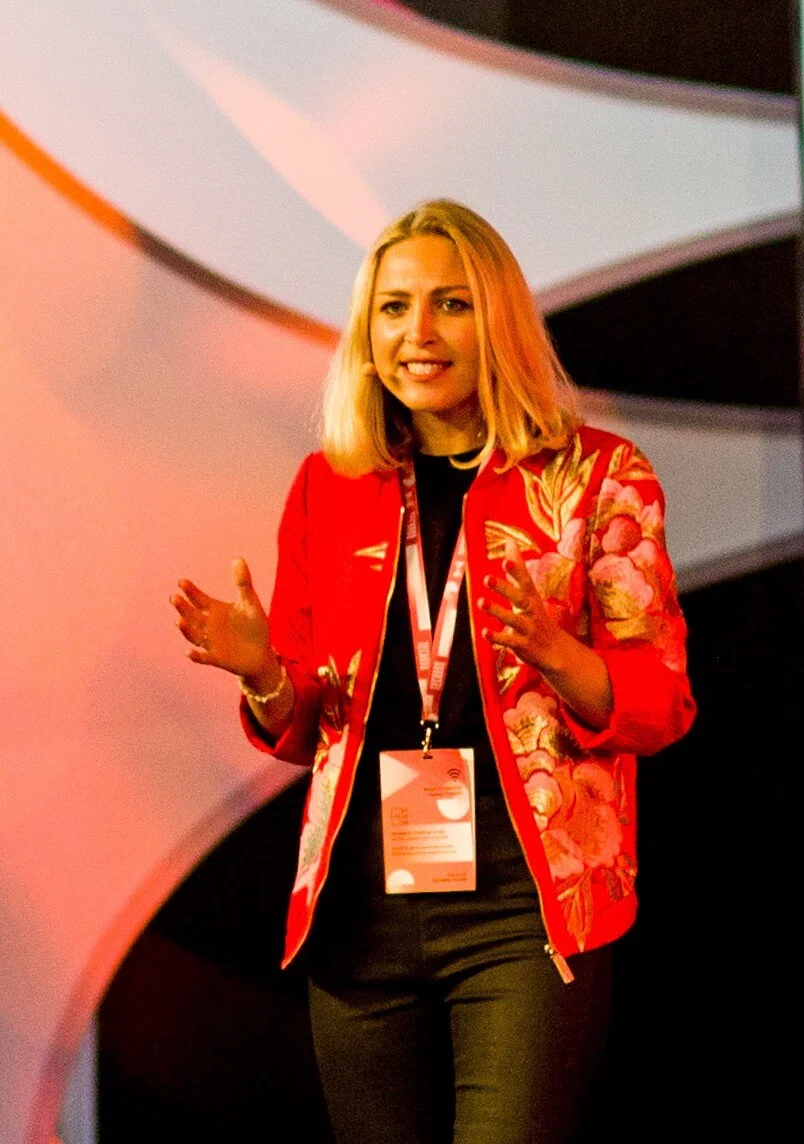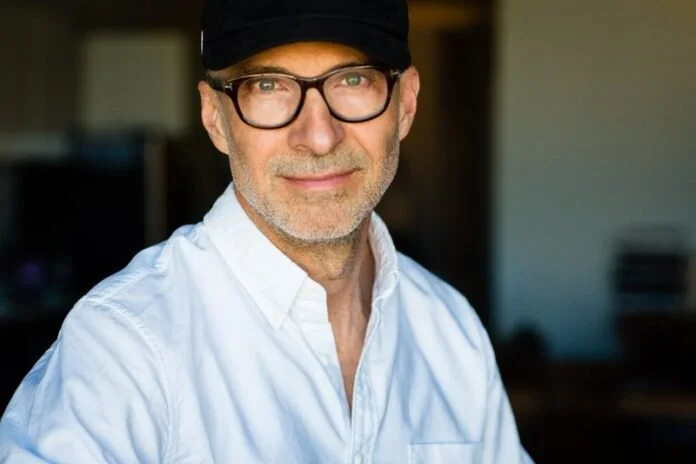Guest Post: How much to kill yourself?
← back
How much to kill yourself?
Guest Post by Kent Vorland, CEO at SimplyPayMe
A 13 minute read: pause, hit the mute button and for a moment, walk through a different narrative
Sounds quite harsh, doesn’t it? I know… It is… It’s the kind of sentence where all warning lamps immediately start flashing. Whether it’s something you’ve touched upon in life, through yourself or others, or had the fortune of never dealing with, the warning lamps still go off. For some of us, that is. Unfortunately, in most ways, real life is not as straightforward. You don’t always get a harsh wake-up call. Nor do you see any warning lamps flashing, telling you to stop what you’re doing. Life is more of a slippery slope. Full of twists and turns. Where you may not realise where you’re heading until you lose control entirely and crash. That was me.
Prior to this, I wrote an article about “The Call of the Void,” talking about my own experiences and how once you reach a certain point, or rather, a certain low, the feeling of taking a shortcut out of life to simply put an end to all the struggles becomes less of a harmless voice saying “what if?” and more of a demand. When The Future Farm gave me the opportunity to expand on these experiences and perhaps dig even deeper in an effort to talk about Emotional Resilience, I thought of it as a perfect opportunity to talk more about how emotional resilience has played a part in my life. How it may have helped me succeed in some areas, but also how it nearly killed me. Emotional resilience can be as dangerous as it can be beautiful and I want to share with you some experiences from my life to show you why this is something I’m so passionate about.
First and foremost, to set a baseline, when I talk about emotional resilience, I’m referring to someone’s ability to handle and adapt to difficult situations and being able to effectively cope with ups and downs. In short, ability to handle emotional turbulence. From the offset, this sounds like a brilliant thing to be able to do (and by all means, it can be). Having the ability to handle any crisis life may throw your way with ease and grace. However, everything must come to an end. Take it from someone who was living life; 24 years old, working on Wall Street, one of the most stressful work environments on the planet. Money was good and worries were few. Life was easy and I was invincible. That is, I was invincible until I was not.
In an article I wrote just over a year ago I wrote about “The Pebble Analogy of Anxiety” which included a quote from my mother, describing eternity:
“Well… Do you see that mountain over there? Now imagine a woodpecker landing on that mountain every 200 years. And every 200 years the woodpecker gives the mountain one peck and flies away. When the last woodpecker gives the mountain its last peck and the mountain is completely torn down to the ground, that… is an eternity.”
- Nina Helene Helle (Kent's awesome mother)
Now, eternity might be difficult to describe as anything other than… well… an eternity, something that just never ends! But I think she did a pretty amazing job with visually describing what an eternity would look like and at this point you may even have realised why I’m including my mother’s definition of an eternity here. It’s quite simply because even the mountain my mother pointed to, no matter how big, strong and resilient, will eventually succumb to the endless row of woodpeckers, grinding it down to nothing but pebbles and dust.
The actual mountain my mother pointed to! (Google: Andenapet, Rysstad)
Why, then, can resilience also be so detrimental? Well, the best way to give you an example is to imagine your mental health as a measure from 0 to 1,000 points. If you’re being hit by a crisis, or even a minor issue, we can call it a pebble, you may be very resilient and only drop to a 999 on your health scale, which still looks and feels pretty perfect! You’re still in great shape, moving forward, nothing to worry about, right?
You remain resilient, you keep fighting through, but the pebbles are coming as rapid fire, where one point is dropping every day. Let’s further imagine that you need two days for every point recovered on your health scale. If we do some very quick math that’s a net of one point lost, without recovery, every two days. Which in turn means you need 2,000 days for your health to go from 1,000 points to zero. In years, we’re looking at a short 5.5 years from being perfectly healthy, to completely breaking down and losing your mind.
The way I handled crisis, issues and pebbles thrown at me cost me a lot more health points than one per day. It took me about a year of fighting fires, toxic environments and personal adversity, to go from somewhere in the 900’s to zero points. Losing my mind little by little, every single day. I didn’t even notice how rapidly my health, physical and mental, was deteriorating, but it was dropping quickly. Imagine, then, if you’re burning the candle much slower than I was and you’re on the 5.5 year trajectory to losing your mind. How can we ever expect ourselves to notice?
I sure didn’t.
I was battered and bruised, but thought the best thing to do was to stay strong. For my friends, my colleagues, for our shareholders, for the company, for me. I couldn’t show signs of weakness. I couldn’t stop. I couldn’t fail. I had to keep going and see things through to the end at any cost. No matter how many twists and turns, or however quickly my health ticker seemed to approach zero, I could… not… stop…
I may have seen myself as a mountain, indestructible, but the woodpeckers inevitably won. I was fighting to reach an end. A goal. Something which I thought my health was worth sacrificing for. Something which brought me to the edge where I was consciously thinking of ways “out.” Where the call of the void became so real it took over my life. I had unknowingly, and quite literally, put a price on my life that I got close to paying. Far too close for comfort, looking back.
Resilience can be a wonderful thing. It can carry you through adversity in all walks of life. However, if you don’t get to heal properly over time, no matter how small the impact, you will still be chipping away at that mountain until there’s nothing left. That is, unless we’re able to in some way get help to heal, or as with my case, in business, step away from what’s chipping away at your health in the first place. With how close I was to the edge, I wonder if I would have kept going all the way to the end, or if I would have stopped. I hope I never have to find out.
I was working to build a company that would secure me a name and monetary success. Whatever that meant to me at the time, that was the price I had put on my health. Meaning, without even being aware, I had subconsciously made a deal with myself to trade my health, for a certain kind of success.
This is what terrifies me about my own emotional resilience. I don’t know which I would have put to an end first: my resilience or my health.
It’s what worries me when I talk to so many people, from all walks of life. Particularly in the business world, where I meet so many leaders who will always keep going because they have imagined their reward for reaching the end of their journey. They have imagined what they deserve for succeeding in getting through adversity. However, just like me, they may have a clue as to how quickly their health may be deteriorating. They may not know what gives first, resilience or health.
All journeys will eventually and inevitably come to said end, but we tend to only see the end as achieving our goal, the “intended end,” rather than all the potential alternative endings. After which we may never see another journey again.
Just when you feel we’re at a point where this doesn’t get much darker, there’s the last question of what happens when you’ve seen your health ticker drop for years. You’ve given it your everything and your all to make something work. To reach your end. To achieve your goal.
And then you don’t…
For reasons that may be completely out of your control, take COVID-19 as a perfect example, everything you’ve worked for has not seen the end you had imagined. You’re left bruised, broken and without anything left but a feeling of defeat, perhaps even failure, with your mind and mental health right on the cusp of being lost. You’ve spent all the resilience you had the capacity to display on something which in the end didn’t go as you’d planned. Whereas now, when resilience is more important than ever, you don’t have the capacity. It’s all been spent. One can easily see how this is a place where any human being, no matter how strong from the offset, no matter their background, no matter their experience, could find the shortcut tempting. Because if your health has reached about 70 out of 1,000, it’s far easier to simply take it down to zero than spending years getting back up to 1,000…
Indeed, emotional resilience is a beautiful thing. It can save lives and relationships just as it can save a business. However, if the same resilience is spent unmonitored and unmanaged, you may find yourself in the same position I did, with little to nothing left of it, when you need it the most. You may find that you’ve put a price tag on your life by telling yourself that for a certain end, or to achieve a certain goal, you’re willing to push forward, whatever the consequences.
Be bold. Be brave.
Shoot for the stars and set goals. Goals you are willing to put in a lot of hard work to reach. Goals you are willing to take risks to achieve.
Just don’t keep gambling until you’re down to your last point. You may never get them back.
About the Author
In a career spanning two decades and multiple countries, entrepreneur and startup professional, Kent Vorland has become a maven in his field. Pioneering the mobile payments space for SMEs, in his current role as CEO of SimplyPayMe, Kent has helped power the brand into becoming one of the most disruptive payment technology providers available worldwide.
Although Kent is now firmly established within the payments field, he began his working life in the Norwegian Air Force before moving on to study economics in the US. He graduated Summa Cum Laude with high honors and forged a career on Wall Street. Looking for greater challenges, Kent moved to London, where he began working with startups and SMEs before finding his niche in the global payments infrastructure.
This article covers sensitive topics including suicide. If you are feeling suicidal, thinking about hurting yourself, or are concerned that someone you know may be in danger of hurting themselves, please contact a hotline: Global Suicide Hotline Resources
Become a contributor and engage with The Future Farm
Are you interested in contributing on the topic of entrepreneur health and emotional resilience with us? Or interested in inviting The Future Farm to contribute to your initiatives or event? Drop us a note.





